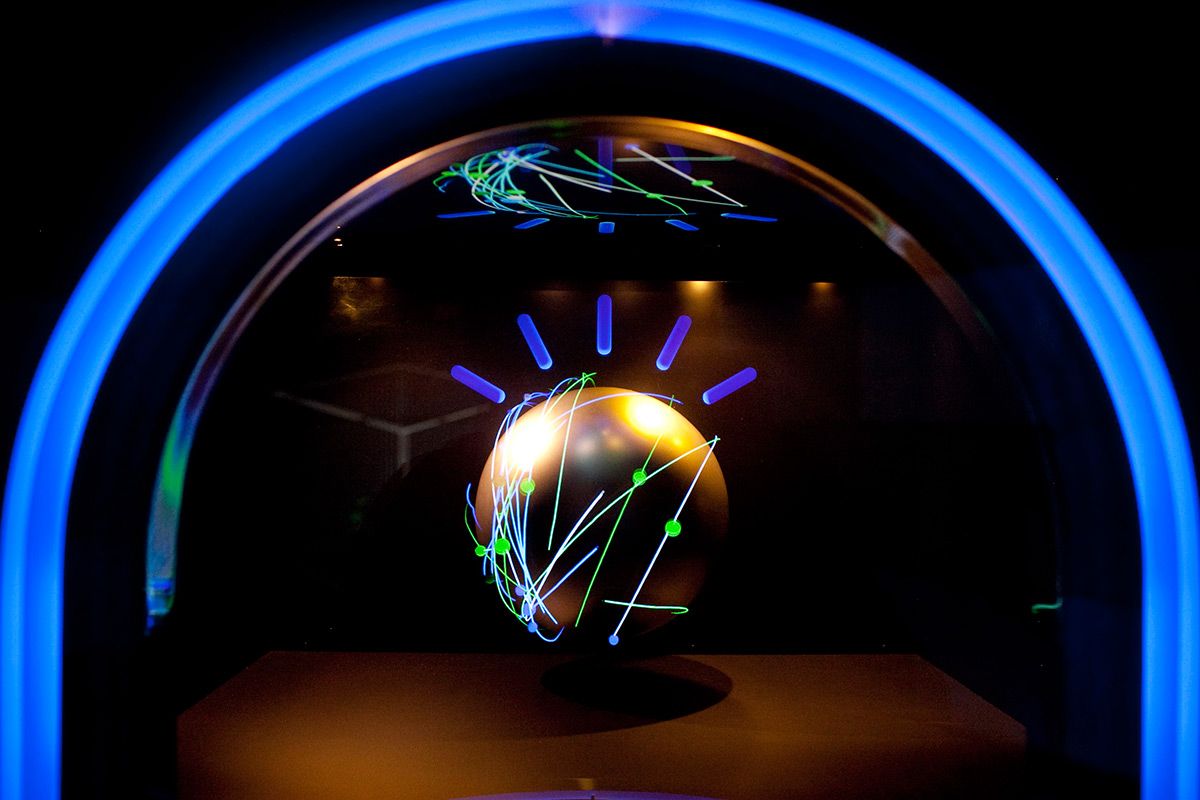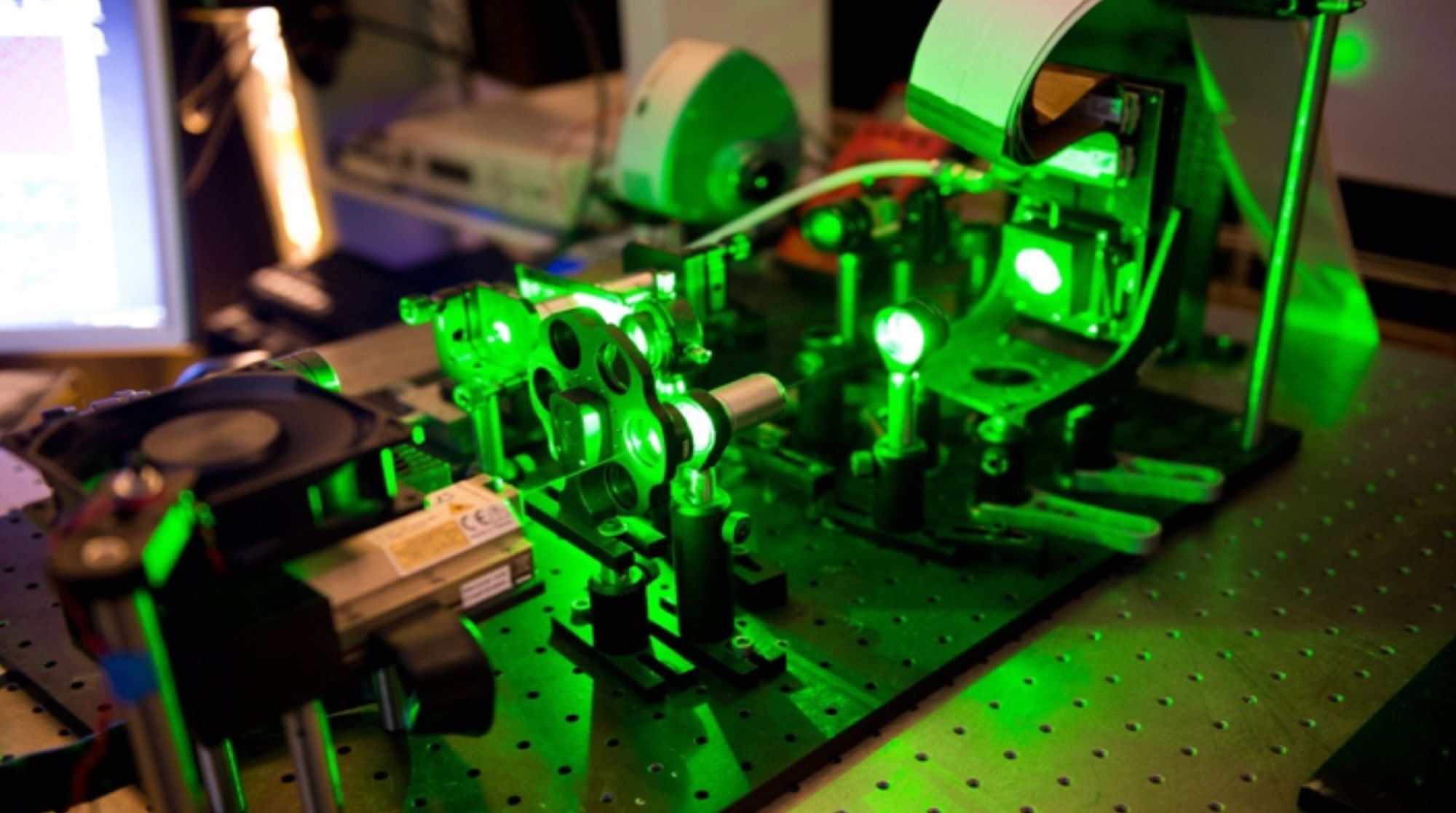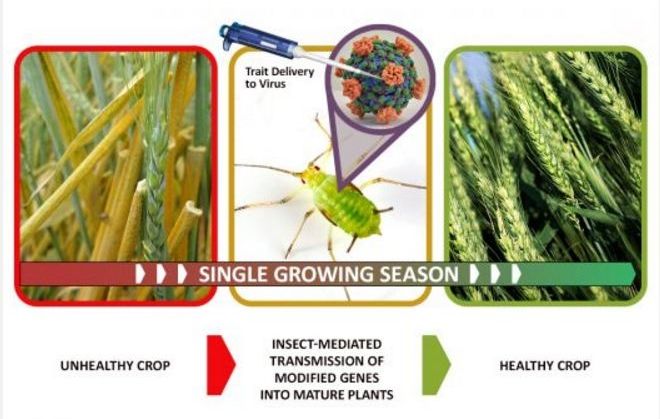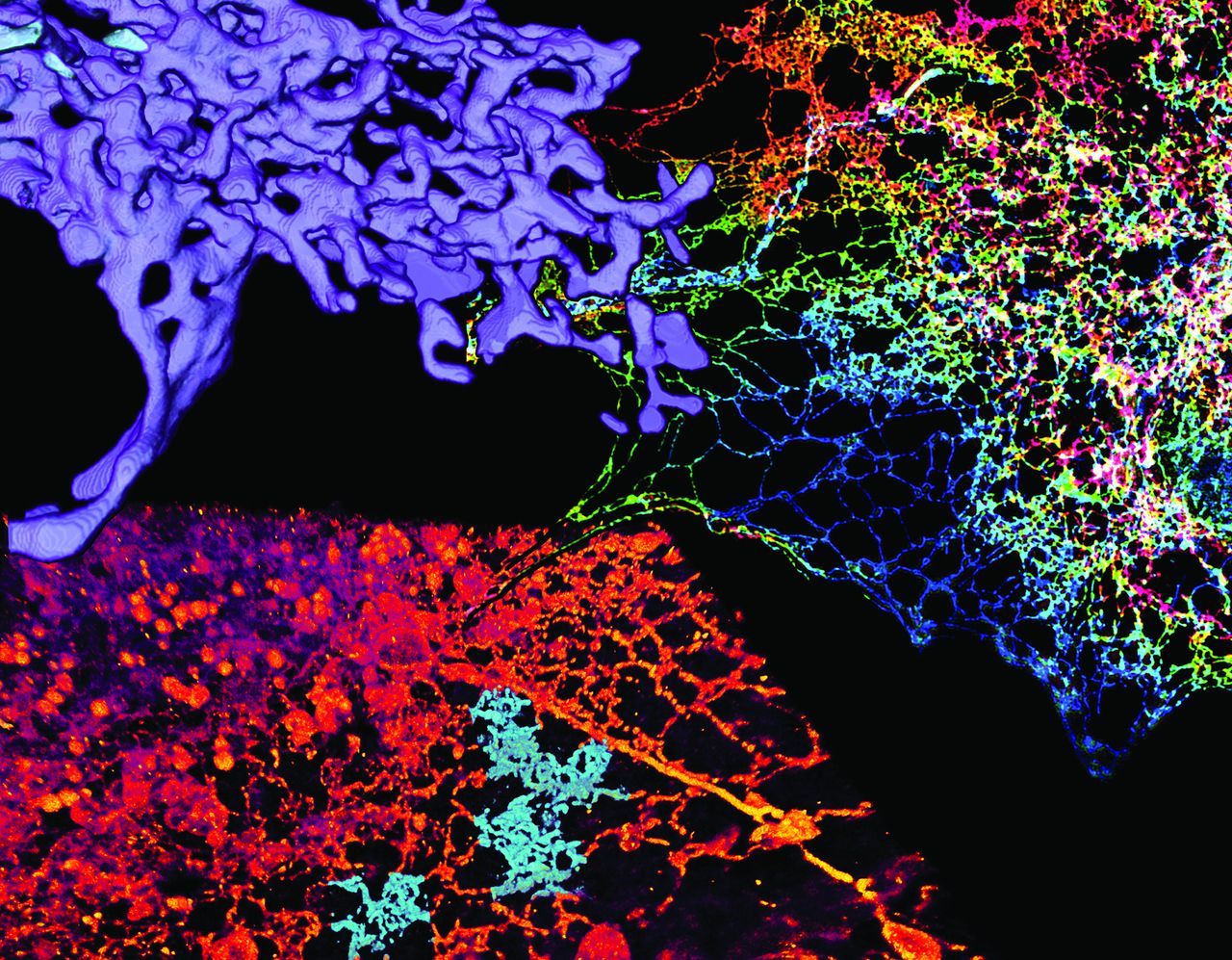Archive for the ‘biotech/medical’ category: Page 2510
Nov 5, 2016
Printable Organs Will Put an End to Transplant Lists
Posted by Klaus Baldauf in categories: 3D printing, bioprinting, biotech/medical, life extension
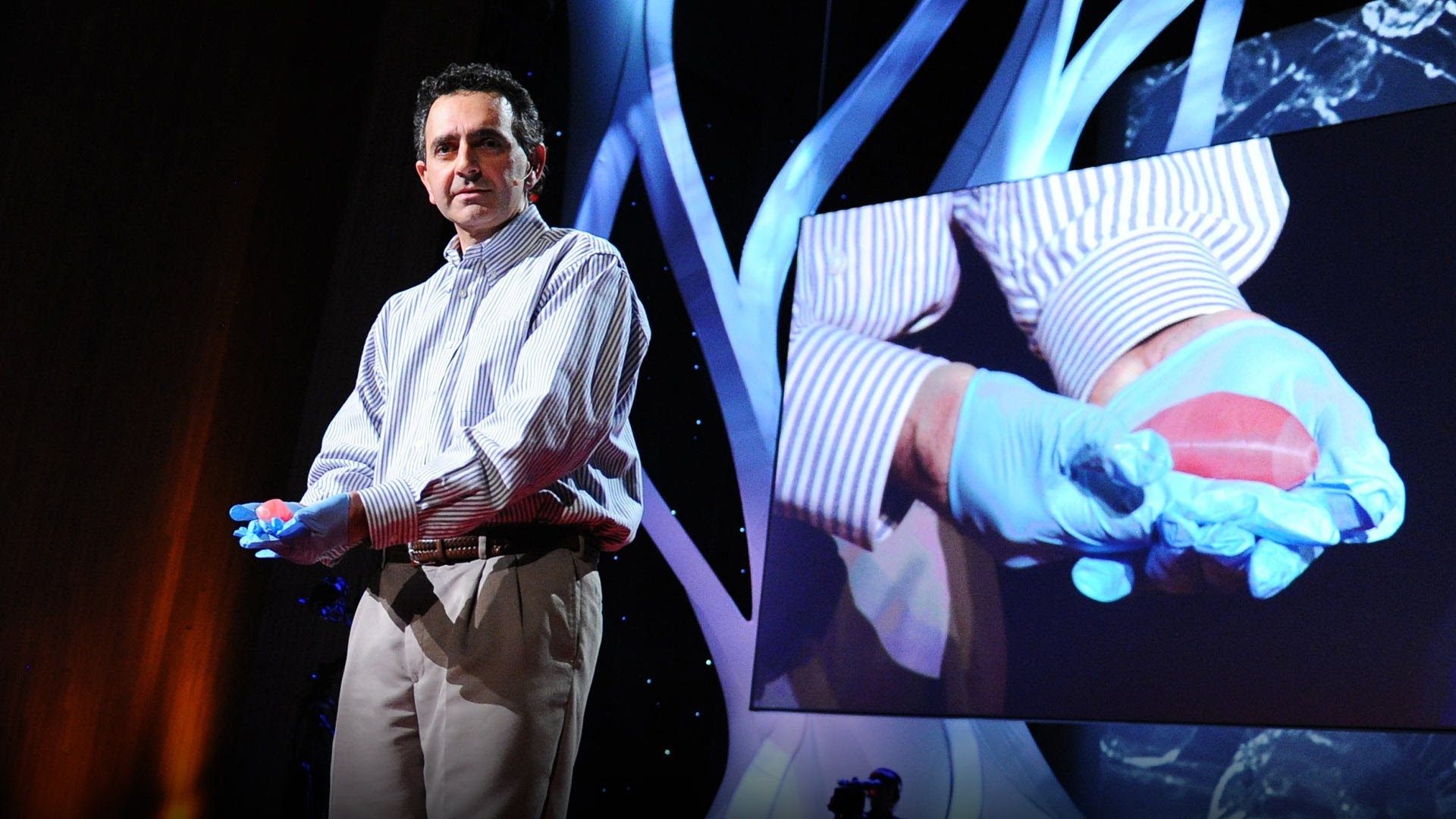
A woman living on a dialysis machine is grown a new kidney using her own cells. A father struggling with age-related vision loss has his eyesight restored. A soldier suffers extensive burns and has his skin regenerated.
This is a glimpse of the holy grail of regenerative medicine. The ultimate goal of the field is to develop therapies that restore normal function to diseased tissues and organs. Advances in 3D bioprinting, the process of fabricating functional human tissue outside the body in a layer-by-layer fashion, have pushed the envelope on what is considered possible in the field.
Continue reading “Printable Organs Will Put an End to Transplant Lists” »
Nov 5, 2016
Dr House goes digital as IBM’s Watson diagnoses rare diseases
Posted by Steve Hill in categories: biotech/medical, life extension, robotics/AI
Dr. Watson will see you now…
IBM Watson is rapidly earning its place in medical diagnosis. It has recently proven its ability to accurately diagnose patients and far faster than conventional doctors could ever do. The world of diagnosis of medicine is going to change very rapidly in the next few years.
#crowdfundthecure #aging
Continue reading “Dr House goes digital as IBM’s Watson diagnoses rare diseases” »
Nov 5, 2016
Your genome could be encoded into a laser beam
Posted by Karen Hurst in categories: biotech/medical, computing
The pace at which conventional chips improve is slowing, and these startups say optical computers are the answer.
Nov 5, 2016
DARPA Aims to Create Armies of ‘Insect Allies’ to Protect Crops Worldwide
Posted by Karen Hurst in categories: biotech/medical, food
A new DARPA program is poised to provide an alternative to traditional agricultural threat response, using targeted gene therapy to protect mature plants within a single growing season.
DARPA proposes to use a natural and very efficient two-step delivery system to transfer modified genes to plants; insect vectors and the plant viruses they transmit.
In the process, DARPA aims to transform certain insect pests into “Insect Allies,” the name of the new program.
Continue reading “DARPA Aims to Create Armies of ‘Insect Allies’ to Protect Crops Worldwide” »
Nov 5, 2016
US, Russian, Japanese astronauts return from ISS
Posted by Shailesh Prasad in categories: biotech/medical, space
Three astronauts landed safely in Kazakhstan on Sunday following a 115-day mission aboard the International Space Station, including US astronaut Kate Rubins, the first person to sequence DNA in space.
Russian mission control confirmed the touchdown of NASA’s Rubins, Roscosmos’ Anatoly Ivanishin and Takuya Onishi of the Japan Aerospace Exploration Agency at 0358 GMT.
The trio landed southeast of the Kazakh steppe town of Zhezkazgan in clear but frosty conditions after a flight from the orbital lab.
Nov 5, 2016
Closer look reveals tubule structure of endoplasmic reticulum
Posted by Shailesh Prasad in categories: biotech/medical, health
(Phys.org)—A team of researchers from the U.S. and the U.K. has used high-resolution imaging techniques to get a closer look at the endoplasmic reticulum (ET), a cellular organelle, and in so doing, has found that its structure is not made of tiny sheets of materials, as was thought, but is instead composed of tubule structures. In their paper published in the journal Science, the team describes their research and their theories on why the organelles have such a dynamic structure. Mark Terasaki with the University of Connecticut Health Center offers a Perspective piece providing a short history of such research and outlining the work done by the team in the same journal issue.
Organelles are the structures that reside inside living cells—the ET lies within the cytoplasm of eukaryotic cells and is part of many cellular processes such as protein synthesis, calcium storage, mitochondrial division and lipid synthesis and transfer—because of its tiny size and dynamic nature, it has been difficult to obtain imagery to accurately reveal its structure. In this new effort, the researchers have used a variety of techniques, some cutting edge, to capture the most detailed look at ET to date, thereby overturning some ideas regarding its structure and how it functions.
To capture the images, the team used single-molecule super-resolution techniques along with new ways to illuminate their subject. One, grazing incidence structured illumination microscopy (where light is applied at a perpendicular angle to the target), captured imagery on live cells and provided a major increase in resolution via better lighting and a faster means for capturing images than other techniques, improving resolution in moving objects. Such techniques allowed for capturing sharp images of tubules with diameters as small as 50 nm—each a part of a matrix comprising a network that allows for dynamically responding to the needs of the cell. In the images, the tubules look rather like a large complex of interconnected water pipes.
Continue reading “Closer look reveals tubule structure of endoplasmic reticulum” »
Nov 4, 2016
New bionic eye implant connects directly to brain, allowing blind woman to see shapes & colors
Posted by Shailesh Prasad in categories: biotech/medical, computing, cyborgs, neuroscience, transhumanism
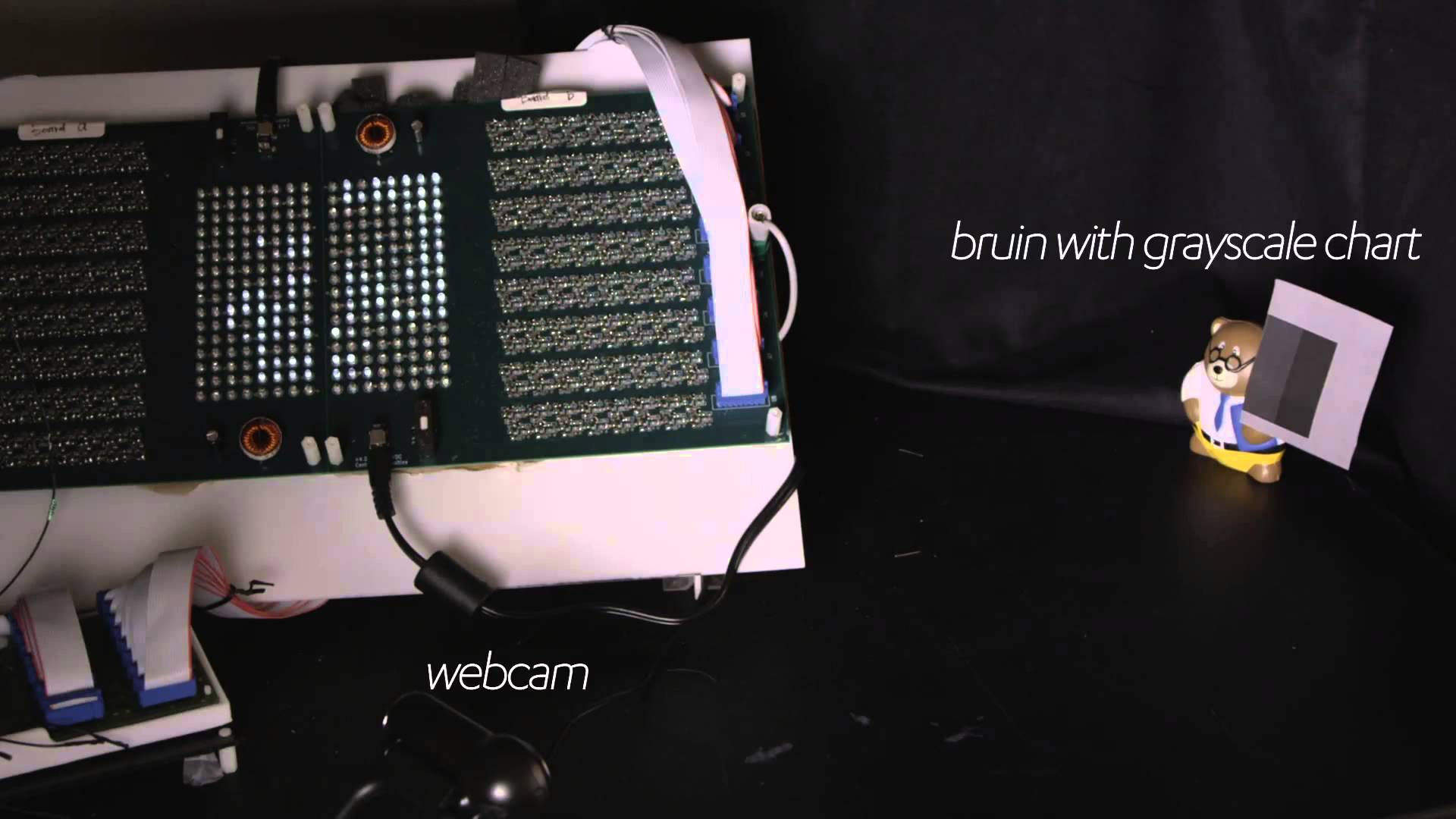
Scientists may have made a significant breakthrough in restoring human sight, as a woman who had been blind for seven years has regained the ability to see shapes and colours with a bionic eye implant.
The 30-year-old woman had a wireless visual stimulator chip inserted into her brain by University of California, Los Angeles (UCLA) surgeons in the first human test of the product. As a result, she could see colored flashes, lines, and spots when signals were sent to her brain from a computer.
Nov 4, 2016
Complicating the Picture for Aging, Cellular Senescence, and Bcl-xL
Posted by Steve Hill in categories: biotech/medical, evolution, life extension
More news on senolytics.
Efforts to build rejuvenation therapies that work by selectively destroying senescent cells are very much in the news of late. One class of senolytic drug candidates works by inducing apoptosis, a form of programmed cell death, via reduced levels of Bcl-2 family proteins, such as Bcl-2 itself, Bcl-xL, and Bcl-W, all of which normally act to suppress apoptosis. Senescent cells are inclined towards apoptosis already, so a modest nudge in that direction can destroy a fair proportion of these unwanted cells without causing harm to healthy cells. These apoptosis-related proteins have numerous other roles as well, however, since evolution is very much in favor of reusing the tools to hand. For example, Bcl-xL is also involved in mitochondrial damage protection, the immune response, cellular respiration and DNA repair: quite the portfolio, and all items that are connected to aging in one way or another. I noted an open access paper today that muddies the water considerably on the topic of Bcl-xL, as it shows that more Bcl-xL rather than less (a) reduces incidence of cellular senescence in tissue cultures, (b) extends life in nematode worms, and © is found in human centenarians, but not younger individuals.
Ordinary somatic cells, the vast majority of the cells in the body, become senescent when they reach the Hayflick limit at the end of their replicative life span, or in response to damage, or a toxic local environment, or as a part of the wound healing process. Senescent cells cease dividing, and most either self-destruct or are destroyed by the immune system soon afterwards. This behavior has evolved because it suppresses cancer incidence, at least initially, by removing those cells most at risk. Unfortunately not all are destroyed, and those that linger cause harm to surrounding tissues via a potent mix of inflammatory signals known as the senescence-associated secretory phenotype (SASP). Given enough senescence cells, as few as 1% or less of all the cells in an organ, significant dysfunction and inflammation is the result, contributing to the development and progression of age-related disease.
Continue reading “Complicating the Picture for Aging, Cellular Senescence, and Bcl-xL” »
Nov 3, 2016
Glucosepane Crosslinks and Routes to Cleavage (Yale University)
Posted by Steve Hill in categories: biotech/medical, life extension
This was a huge step forward for rejuvenation biotechnology earlier this year. Synthetic glucosepane can now be created on demand in the lab thanks to SENS research foundation and the work at Yale it is funding. Glucosepane is thought to be involved in hypertension and diabetes and so this research has important implications for these diseases as well as aging in general.
At Yale, we’re funding Dr. Spiegel’s essential work to characterise the molecular crosslink glucosepane, which stiffens blood vessels and skin as we age.

